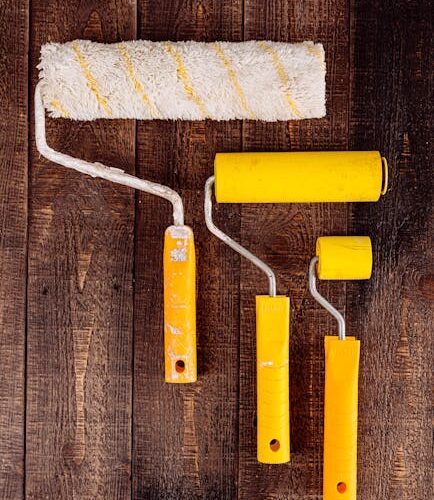How to Handle Repairs Requested by Buyers
December 12, 2024

How to Handle Repairs Requested by Buyers
When selling a home, one of the most critical phases of the real estate transaction is negotiating repairs requested by buyers. This process can be daunting for sellers, but understanding how to manage these requests effectively can ensure a smooth sale and potentially enhance the property’s value. In this blog post, we’ll explore how to handle repairs requested by buyers, offering actionable insights and tips to navigate this crucial stage.
Understanding the Importance of Buyer Repair Requests
Repair requests are a standard part of real estate transactions. According to the National Association of Realtors, up to 30% of home sales face delays due to repair negotiations. These requests often arise after a home inspection, where buyers may identify issues they believe should be addressed before closing the deal.
Understanding the buyer’s perspective can help you negotiate more effectively. Buyers want assurance that they’re making a sound investment, and addressing their repair requests can be a way to demonstrate that your property is well-maintained and worthy of the asking price.
Common Types of Repairs Requested by Buyers
Structural Repairs
Structural repairs are often costly and can include issues with the foundation, roof, or load-bearing walls. Buyers typically prioritize these repairs due to their potential impact on the home’s safety and longevity.
Electrical and Plumbing Issues
Electrical and plumbing systems are essential for a functioning home. Buyers might request repairs for outdated wiring, faulty outlets, or leaks and clogs in the plumbing systems.
Heating, Ventilation, and Air Conditioning (HVAC)
HVAC systems are vital for comfort and energy efficiency. Buyers may request repairs or replacements if these systems are not functioning correctly or are nearing the end of their lifespan.
Steps to Handling Buyer Repair Requests Effectively
1. Review the Home Inspection Report Thoroughly
Once the buyer provides a list of requested repairs, start by thoroughly reviewing the home inspection report. This report is a detailed account of the property’s condition and can help you understand the legitimacy and extent of the requested repairs.
2. Prioritize Necessary Repairs
Not all repair requests are created equal. Focus on addressing safety concerns and major defects first, as these are likely deal-breakers for buyers. Consider consulting with a contractor to get estimates and advice on which repairs are most critical.
3. Negotiate Terms with the Buyer
Negotiation is key in managing repair requests. You might choose to fix certain issues, offer a credit for repairs, or lower the asking price. Be prepared to compromise but also know your limits on what you can feasibly address.
4. Get Professional Quotes
Having professional repair estimates can strengthen your position in negotiations. It provides a clear picture of the costs involved and can prevent buyers from overestimating repair expenses.
5. Document All Repairs
Once repairs are agreed upon and completed, ensure that all work is documented with receipts and warranties. This documentation can be a valuable asset during the closing process and for future reference.
Dealing with Buyer Repair Requests: Real-Life Example
Consider the case of the Smith family, who were selling their home in a competitive market. The buyers presented a list of 20 repairs post-inspection, including major plumbing and minor cosmetic issues. By prioritizing the plumbing repairs and offering a credit for the cosmetic ones, the Smiths successfully navigated the negotiation, leading to a successful sale.
Conclusion: How to Stay Ahead in the Repair Request Process
Handling repairs requested by buyers doesn’t have to be a stressful ordeal. By understanding the types of common repair requests, prioritizing necessary repairs, and negotiating effectively, sellers can facilitate a smoother transaction. Always remember that preparation and communication are key components in addressing buyer concerns while safeguarding your interests.
Arming yourself with knowledge and a strategic approach can help you manage buyer repair requests successfully, ultimately leading to a more satisfying and profitable home selling experience.